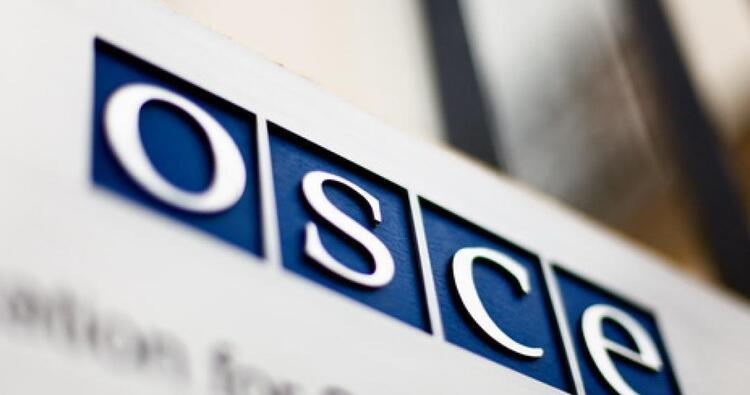ODIHR calls on Georgian authorities to revoke transparency law, take steps to bring legislation “in line with int’l standards”

The body called on the Georgian authorities to revoke the law and take steps to bring its legislation in line with international standards. Photo: OSCE
The Office for Democratic Institutions and Human Rights of the Organisation for Security and Cooperation in Europe on Thursday concluded that Georgia’s newly approved law on transparency of foreign influence contained “serious deficiencies” that made it “incompatible” with international human rights standards and the country’s commitments as an OSCE state, calling it to be rescinded.
In a statement the Office said the law, which defines civil society and media outlets as “organisations pursuing the interests of a foreign power” if they receive over 20 percent of their funding from abroad, was falling short of the “strict requirements laid down in international human rights law”.
The ODIHR’s analysis also highlighted “major differences” between the newly passed law and legislation in other countries that had been cited by the Georgian authorities in connection with the domestic legislative piece.
For example, the United States Foreign Agents Registration Act (FARA) or Australian Foreign Influence Transparency Scheme Act are fundamentally different in their very distinct purpose and scope. While these laws aim to ensure that private companies or non-profits directly taking part in advocacy or lobbying efforts on behalf of a foreign authority are publicly registered, it does not label all civil society or media as foreign representatives simply because they receive funding from abroad”, the statement said.
The body called on the Georgian authorities to revoke the law and take steps to bring its legislation in line with international standards.
“Examples of less intrusive alternatives could include the regulation of lobbying activities, robust political party and election campaign financing rules, and anti-corruption or anti-terrorism laws that promote more open, transparent and accountable public decision-making processes”, the Office noted.
The Georgian Parliament on Tuesday overrode the veto placed by President Salome Zourabichvili on the controversial law with 84 votes against four, on the backdrop of ongoing public protests.
 Tweet
Tweet  Share
Share